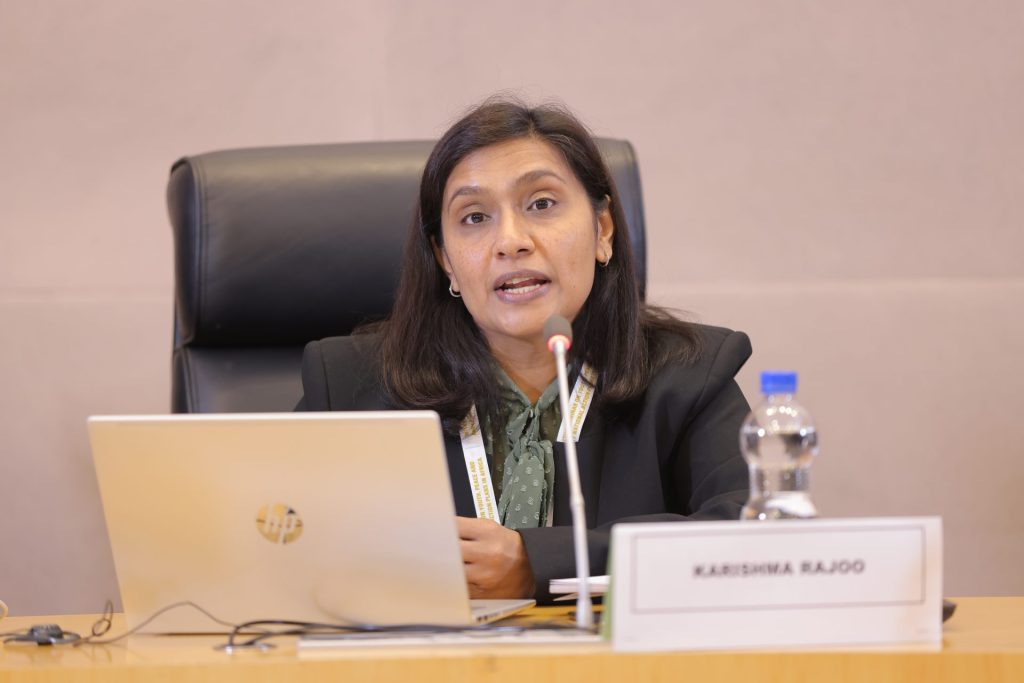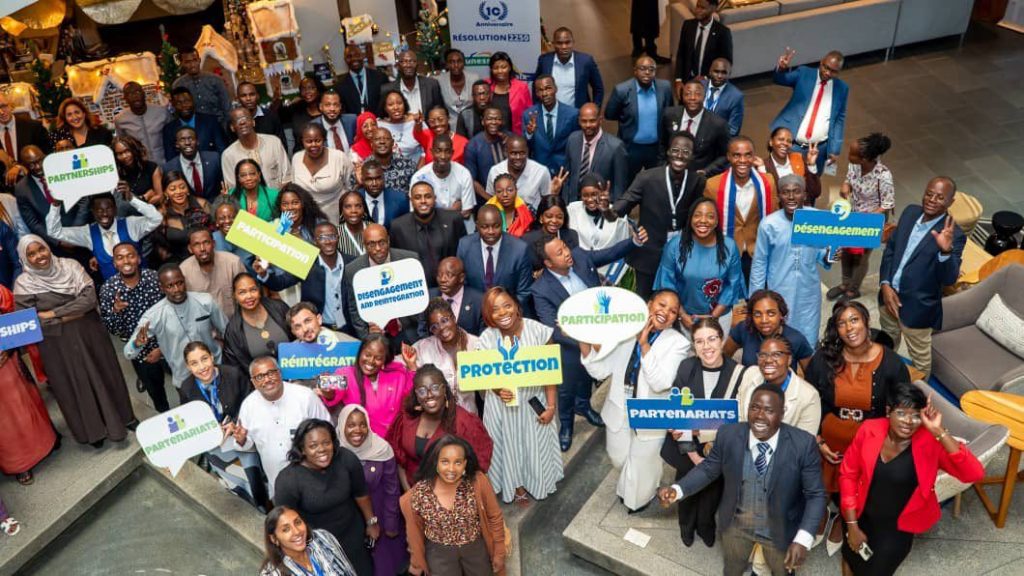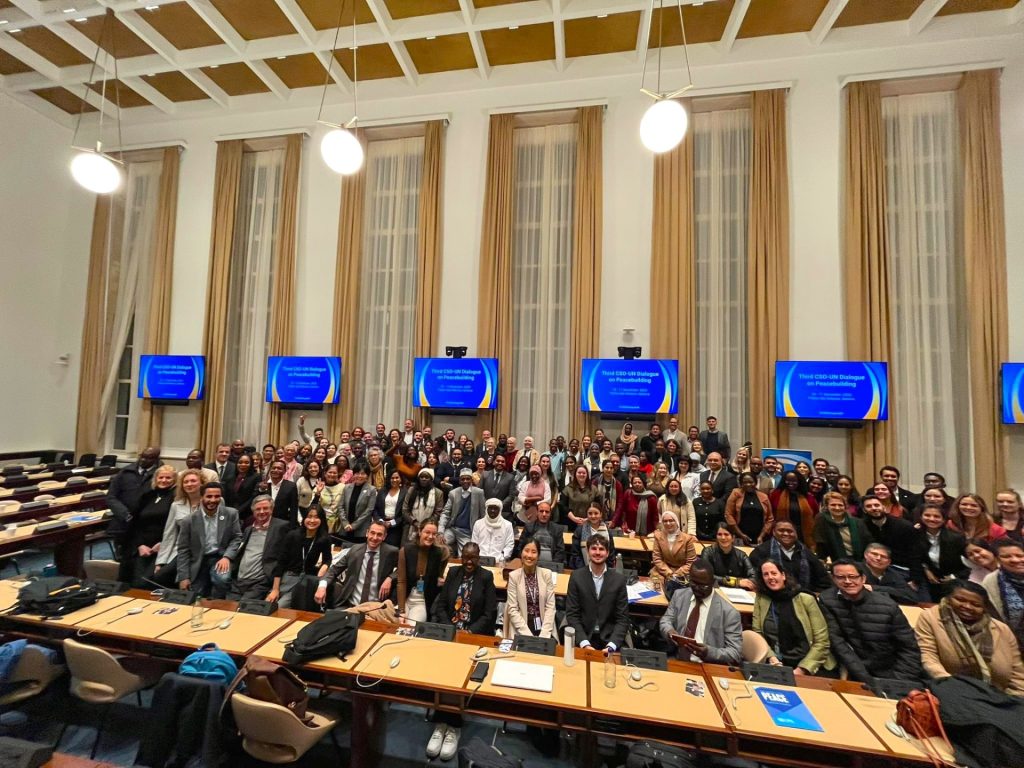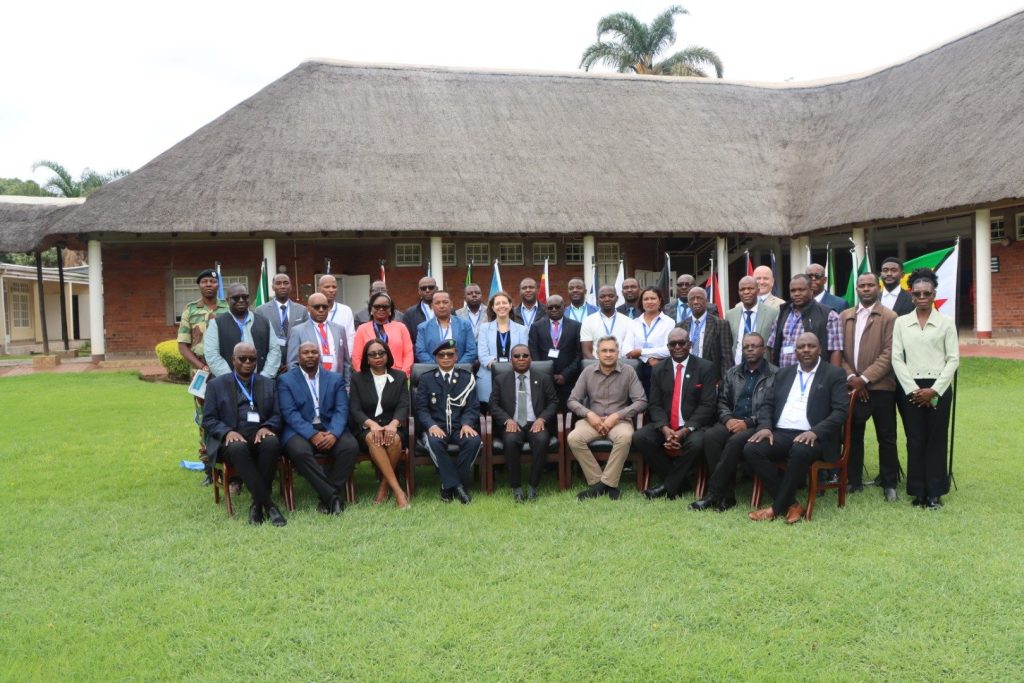The 11th African Standby Capacity (ASC) Coordination Meeting was held from 15 – 17 July 2024 in Dakar, Senegal. The meeting was co-hosted by the African Union Commission (AUC) and the Economic Community of West African States (ECOWAS) Commission, with the support of the Training for Peace Programme (TfP) through ACCORD. The ASC Coordination Meeting is held annually for the AUC, Regional Economic Communities/Regional Mechanisms (RECs/RMs) and implementation partners of the ASC Roster to discuss the operational aspects of the ASC and challenges in implementing the requirements of the roster. The meeting also serves as a platform for planning ASC related activities and to develop a joint work plan on the implementation of the ASC.
This year’s meeting was attended by representatives from the AUC, ECOWAS Commission, Eastern Africa Standby Force (EASF) Secretariat, and the Southern African Development Community (SADC) Secretariat. Strategic partners, namely ACCORD, and the United Nations Office to the African Union (UNOAU), were also present at the meeting. The primary objective of the meeting, held under the theme of “Ensuring Compliance and Accountability: Preventing Human Rights Violations in Peace Support Operations,” was to reflect on the inclusion of the recently adopted AU Selection and Screening (S&S) Policy within the ASC screening workflow as well as broader recruitment for Peace Support Operations (PSOs). Additionally, the meeting sought to assess progress in implementing ASC activities conducted since the last ASC Coordination meeting, identify challenges being faced and formulate mitigating measures.
In line with the theme, participants received a detailed overview of the AU Compliance Framework (AUCF), which underscored its core pillars and methodologies. A key focus was placed on the recently adopted AU Policy on S&S for AU PSOs, emphasising critical aspects such as the incorporation of S&S standards into recruitment processes. This encompasses pre-deployment vetting by AU Member States, self-attestation by individuals, proactive information gathering by the AUC, and utilisation of the Misconduct Tracking System database. Key recommendations from the meeting included the need to strengthen the integration of AU S&S Policy within the ASC screening workflow to enhance compliance and accountability in PSOs. Recommendations to the AUC and RECs/RMs were made to develop and put in place relevant documents and policies for effective recruitment, deployment and management of field personnel. It was also suggested that Roster Focal Points (RFPs) should conduct a verification exercise of the Roster to maintain accurate, predictable, and deployable numbers. Additionally it was proposed that future ASC coordination meetings should include representatives from all PSO components (civilian, military and police) to improve coordination and predictability of capabilities for AU PSOs.
The 11th ASC Coordination Meeting was followed by a 2-day ASC Database Training for RFPs from 18-19 July 2024. The AUC, ACCORD and UNOAU facilitated the training which focused on the ASC Roster workflows, Competency Based Interviews (CBI) and ASC Database Management. This was an opportune time to conduct the training for RFPs as the recently appointed RFPs from the different regions were present at the ASC Coordination meeting. The training considered matters discussed in the ASC Coordination Meeting such as the rotation of RFPs at the regional level and their capacitation.
ACCORD is the AUC’s primary implementation partner for the implementation of the ASC. Through the Training for Peace (TfP) Programme, ACCORD continues to support the AU’s concerted efforts towards building a pool of ready-to-deploy civilian experts.








